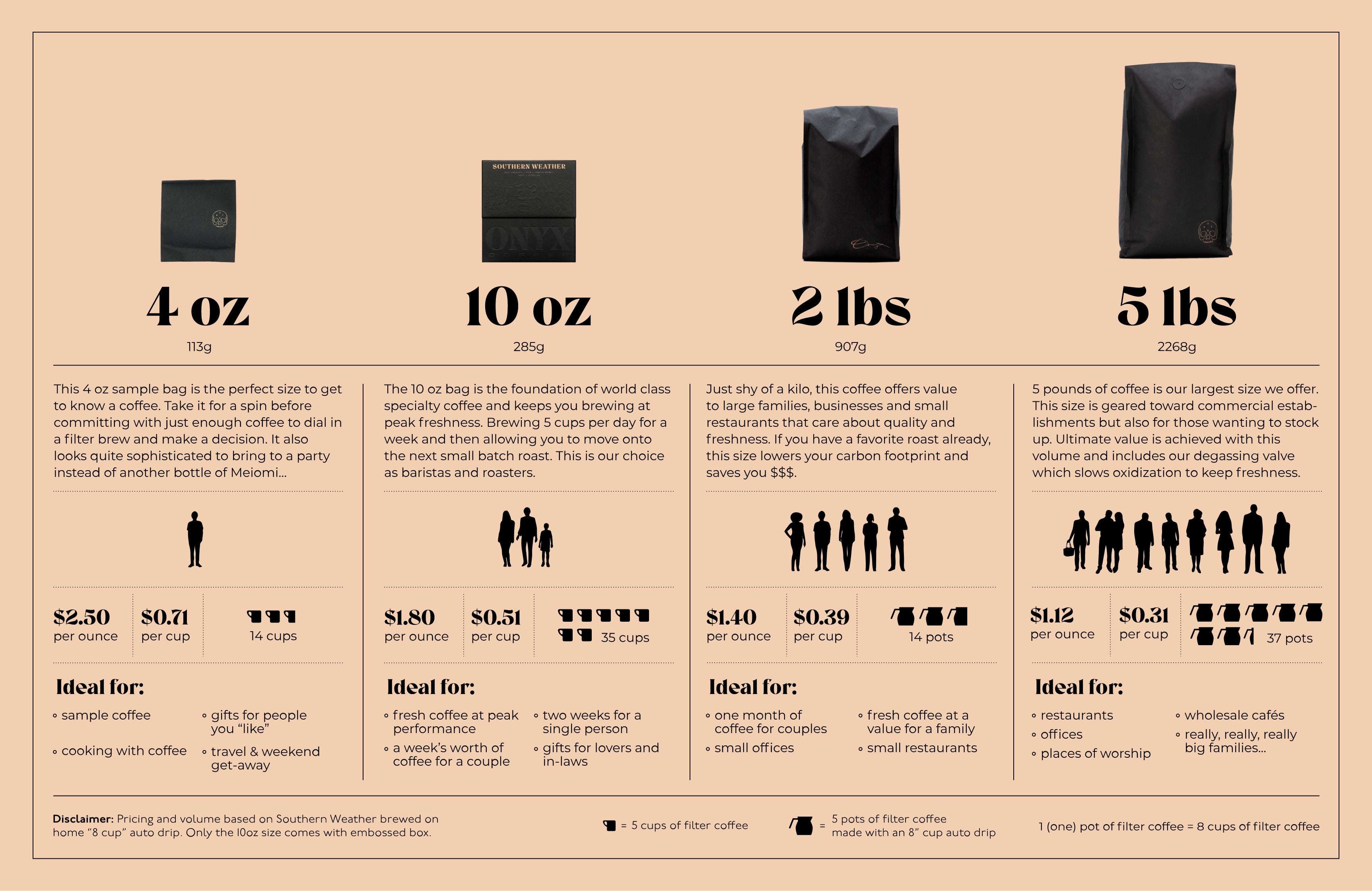Story
DELAUGA COFFEE
High up in Northern Colombia, the Sierra Nevada mountain range is home to the newest project from our friends at Equation Coffee. (Equation Coffee is behind the famous La Palma y El Tucán.) The Delauga concept is founded on the ideals of water conservation, biodiversity protection, and sharing value through processing techniques and market access. This model is strikingly similar to the Neighbors and Crops model founded at La Palma, where a team on the ground seeks out coffee producing farms willing to partner with Delagua in processing the cherries they grow. In return for partnering, the producing partners receive nearly 60% more than the national average price, as well as agronomy and picking support. We have been purchasing coffees from this project since day one, and we are excited for this coffee to be our first release from Delagua Coffee.
JESUS NUÑEZ BELTRAN
Angel Gabriel Paba Clavijo lives on his farm with his wife, Johana, and their three children. He is 35 years old and has been working with coffee for the past 20. Coffee is his family’s primary source of economic stability, and he’s worked very hard to purchase his six-hectare plot of land. He has three hectares dedicated to coffee cultivation and the remaining property is planted with shade-giving trees such as cedar and higueron. All of his 15,000 trees are of the Castillo variety, which he depends on for the high output of consistently top-quality cherries. Angel avoids the use of all chemical pesticides and performs all maintenance and harvesting by hand.
NATURAL PROCESSED COFFEES
Naturals are beautiful… Okay, natural coffees are beautiful when done properly and are pretty much the worst thing ever when not. Natural processing or dry processing refers to the act of drying and fermenting coffee inside the cherry. This means the coffee cherries are picked from the tree and placed on drying beds or on the ground in some cases. They are dried in the sun until they have 12% moisture content or so and then are hulled to remove the dry husk of the fruit. “Naturally,” they exhibit fruit-forward characteristics and have a good chance of tasting “fermenty,” which is usually a taboo in Specialty Coffee. However, with advanced techniques in picking and drying, high-quality naturals are being produced, and the cup quality and taste profiles are astoundingly good. We have long promoted alternative processing methods, and naturals are at the top of that list. The naturals produced high in the mountains of Sierra Nevada are quite different than the naturals we source from other parts of the world, with a heavy syrupy body and funky fruitiness reminiscent of wine. Here’s what Delagua says about their natural process:
“The Natural Process begins with a pre-fermentation stage of 24 hours at the receiving station. From here, the cherries will be moved to the drying stage; coffee will be placed in African-style raised beds for over 25 days and will be racked and rotated every 4 hours. Due to the levels of sugar and moisture, the first days will be crucial to avoid microbial activity prolongation. Finally, parchment coffee will pass through our dry milling and hand sorting stage.”



